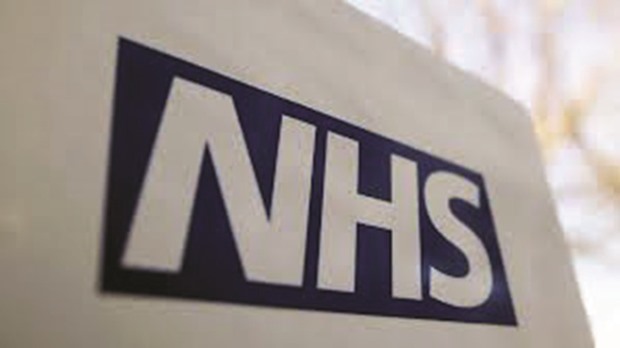A breast cancer drug that costs £90,000 a year per patient has been turned down for use by the NHS on financial grounds, triggering an outcry from patients groups who say it prolongs the lives of people seriously ill with the disease.
Kadcyla, made by Roche Pharmaceuticals, was rejected by the National Institute for Health and Care Excellence. It has the highest price tag ever for a cancer medicine and was turned down because its benefits did not justify its cost, Nice said.
Prof Carole Longson, director of the centre for health technology evaluation at Nice, said: “We know that people with cancer place great importance on drugs that can increase their life expectancy. For that reason we apply as much flexibility as we can when we look at new life-extending treatments.
“But the reality is that the price of trastuzumab emtansine [the generic name for Kadcyla] is currently too high in relation to the benefits it gives for it to be recommended for routine commissioning in the NHS, even taking into account the end-of-life criteria and the patient access scheme.”
The charity Breast Cancer Now launched a petition against what it called a disastrous decision and “a huge setback for the treatment of advanced breast cancer”, while Breast Cancer Care said the decision was unacceptable.
“Kadcyla can give people (on average) nine months longer to be there for the moments that matter – the first day at school, a wedding, a family birthday – with far fewer enduring severe side-effects like sickness and diarrhoea than with many other drugs,” Breast Cancer Care said.
Nice, which evaluates drugs for use in the NHS in England, originally turned down Kadcyla, but patients were able to get it anyway via the cancer drugs fund (CDF), a pot of money put aside for such circumstances by the coalition government.
However, the CDF massively overspent and is now under the control of Nice, which is re-examining the value for money of all the drugs it has been paying for.
Nice has now said in draft guidance that the price is too high even after a discount offered by Roche. The company had offered to foot the bill for any patients who needed to stay on the drug beyond 14 months.
About 1,200 patients could benefit from Kadcyla if it were to be funded by the NHS in England. Roche submitted data to Nice to show that the drug could give women on average nine months longer than the standard treatment currently available – a considerable amount of extra time for women suffering from a particularly aggressive type of breast cancer, Her2+, which often affects younger women.
Nice said it was not a final decision. It will be hoping that Roche brings down the price. However, it has not done so in Scotland, where the cancer drugs fund does not apply and women can only get Kadcyla in exceptional circumstances.
Breast cancer charities will campaign against the draft Nice decision in the hope of bringing about a U-turn when the assessment committee meets to make its final decision in February. The Breast Cancer Now petition calls on Sir Andrew Dillon, the chief executive of Nice, and Richard Erwin, general manager at Roche Products, to urgently return to the negotiating table.
Delyth Morgan, the chief executive of Breast Cancer Now, said: “This disastrous decision is a huge setback for the treatment of advanced breast cancer. Kadcyla offers significant and precious extra time for women with incurable cancer in great need of hope, and we mustn’t let it slip away.”

NHS
